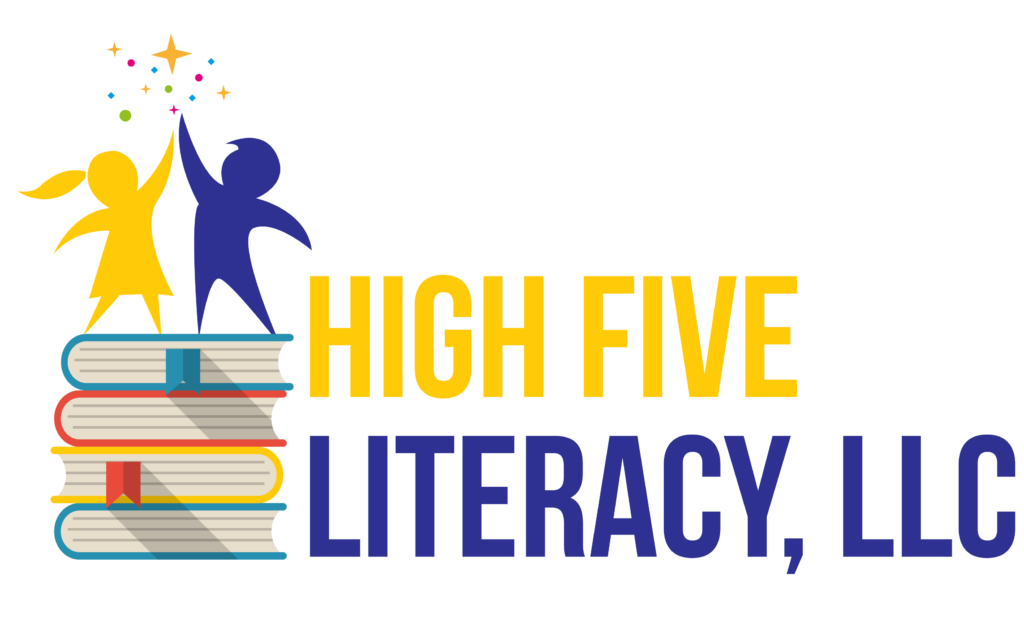 Do you remember the old SAT questions that included analogies and comparisons to test your ability to recognize relationships between words? Here is one that will help explain the meaning of an Auditory Processing Disorder:
Do you remember the old SAT questions that included analogies and comparisons to test your ability to recognize relationships between words? Here is one that will help explain the meaning of an Auditory Processing Disorder:
Hear:Noise – Listen:Music
Hearing is a physical and biological activity. One can’t help but to hear noise if their hearing is normal. It takes no effort. Your hearing can be perfect without listening. Listening, on the other hand, requires effort because it involves the ability to pay attention to understand what sounds mean.
Auditory Processing Disorder (APD) is not a hearing loss; it is an auditory deficit that inhibits understanding of auditory information. There are other disorders that can interfere with understanding verbal information, such as Attention Deficit Disorder (ADD), and the two are frequently confused because they can result in very similar symptoms.
People with ADD have trouble focusing and following directions, especially when the information is given verbally and received through just the ears. They may also have trouble remembering information, which is also a symptom of APD. The difference is that people with APD take in the message through normal hearing channels, but a block or a glitch in the nervous system does not allow the message to be processed properly and creates a specific auditory dysfunction. People with ADD do not have a glitch in processing information; it is the attention deficit, not the auditory deficit, which prevents understanding of information.
The following are common symptoms of Auditory Processing Disorder frequently seen in other disabilities:
- Difficulty understanding verbal information, especially in noisy environments.
- Difficulty following directions.
- Difficulty distinguishing similar sounds in speech – m/n, b/p, d/t/th.
- Difficulty distinguishing similar sounding words. (See my post: Deportable, Deplorable, Dyslexia.)
- Asking for information to be stated again and needing clarification.
- Difficulty with reading and spelling.
In looking at the above list, one can see how a learning disability such as dyslexia can have similar symptoms to APD and ADD. It is not unusual for struggling students to have overlapping learning difficulties that coexist and exacerbate one another. APD, like dyslexia, cannot be cured, but it can be helped through non-medical strategies. ADD, on the other hand, can be treated with medication. Whether your child is dealing with APD, ADD, or dyslexia, the frustration of not understanding, or not being understood, can result in behavioral outbursts, or the opposite, withdrawal from participation in activities.
If your child is struggling with reading, spelling, and writing due to an auditory processing problem, it is extremely important to have someone working with your child who is trained in multiple programs that focus on systematically and explicitly teaching the sounds in language connected to the letters that represent them. Multisensory instructional strategies and classroom accommodations can also help ameliorate the difficulties and should be part of an overall plan to support the student.
High Five Literacy and Academic Coaching is located in Plainview, Long Island.
Faith Borkowsky, Owner and Lead Educational Consultant of High Five Literacy and Academic Coaching, is Orton-Gillingham trained and Wilson Certified, and has extensive training and experience in a number of research-based, peer-reviewed programs that have produced positive gains for students with dyslexia, auditory processing disorder, ADD/ADHD, and a host of learning difficulties.
*If you found this post informative or interesting, please follow my blog by entering your email below. You will be notified by email whenever a new post is published.

7 Comments. Leave new
[…] of problems that present together often, and exacerbate one another. In my prior post, “Auditory Processing Disorder: What?” I discuss some of the common symptoms of both […]
Desperately looking for a reading/writing program for my daughter with a severe auditory processing disorder. Currently she is using an OG program but consistently cannot write dictations correctly and struggles to remember more complex spelling rules. She does not hear difference in many vowel sounds.
Not all O-G professionals address the phonological deficits thoroughly during intervention. I know many parents who have not seen the progress they had expected because the underlying cause of the reading problem was ignored. Interview all practitioners to see if they are knowledgeable in this area.
Faith, I follow you on twitter and you always nail it! This piece on APD is fantastic. Thank you for advocating for students with learning challenges.
Thank you, Karen!
What are some of the other peer-reviewed programs you have experience with that help students with auditory processing disorder, ADD/ADHD, and other learning difficulties? I am interested in pursuing additional certifications for reading disabilities to support my students (Adult Learners seeking high school equivalency certifications), but that can also help my young daughters (high functioning ASD). Everything I researched references dyslexia, but there are so many other learning difficulties to address when dyslexia isn’t apparent!
The same programs that work for a child/adult with dyslexia will work well for other overlapping difficulties. Speech to print programs like Sounds-Write, PhonoGraphix, and EBLI are ones to check out.